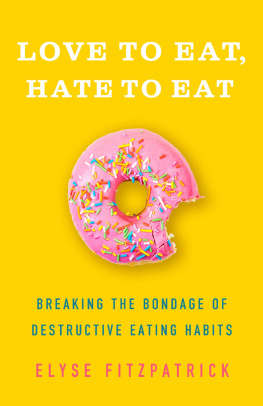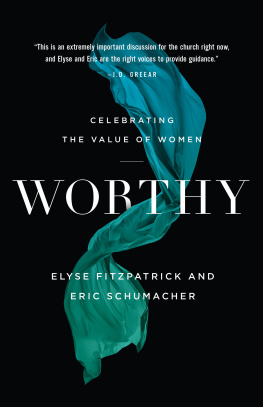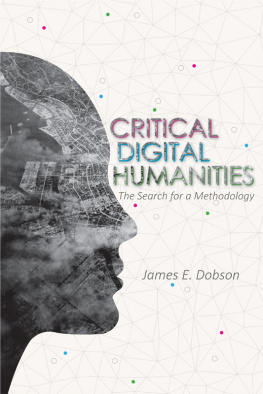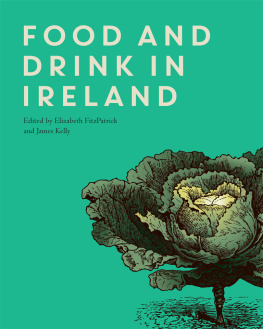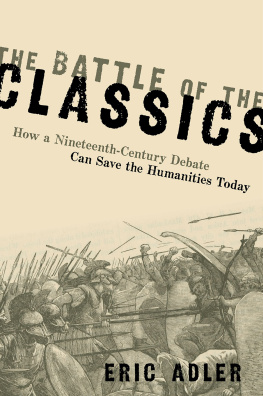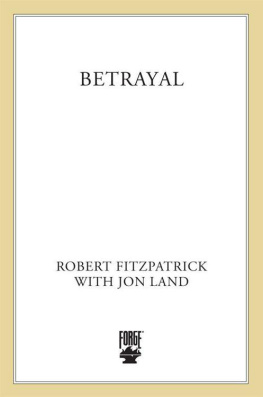Contents
Guide
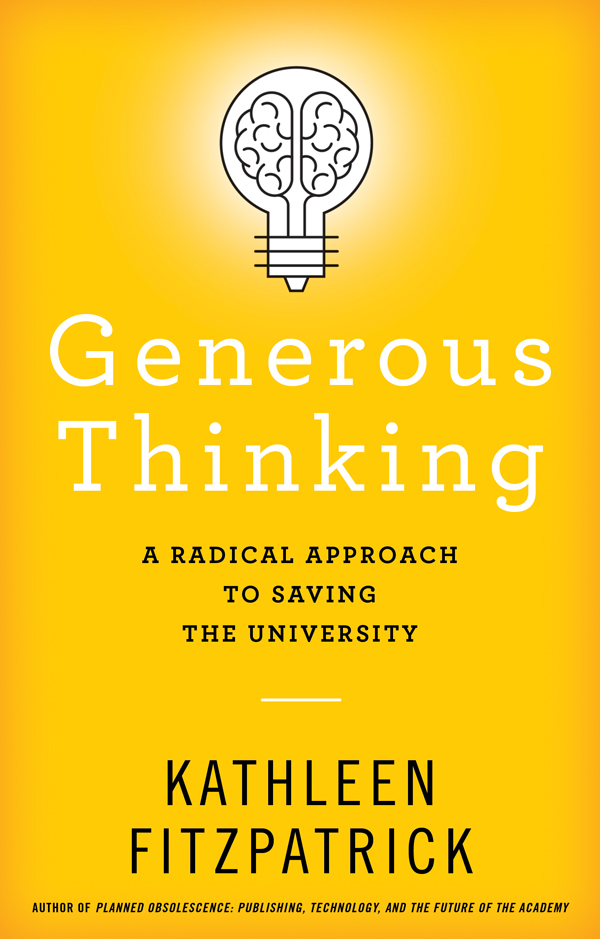
Generous Thinking

Generous Thinking
A RADICAL APPROACHTO SAVING THE UNIVERSITY

KATHLEEN FITZPATRICK

Johns Hopkins University Press
Baltimore
2019 Kathleen Fitzpatrick
All rights reserved. Published 2019
Printed in the United States of America on acid-free paper
9 8 7 6 5 4 3 2 1
Johns Hopkins University Press
2715 North Charles Street
Baltimore, Maryland 21218-4363
www.press.jhu.edu
Library of Congress Cataloging-in-Publication Data is available.
ISBN-13: 978-1-4214-2946-5
ISBN-10: 1-4214-2946-2
A catalog record for this book is available from the British Library.
Special discounts are available for bulk purchases of this book. For more information, please contact Special Sales at 410 -- 6936 or specialsales@press.jhu.edu.
Johns Hopkins University Press uses environmentally friendly book materials, including recycled text paper that is composed of at least 30 percent post-consumer waste, whenever possible.
For Martha, Cris, Rena, Toni, and Val,
models of generous thinking I most needed,
when I most needed them
Our generosity may leave us empty, but our emptiness then pulls gently at the whole until the thing in motion returns to replenish us.Lewis Hyde, The Gift
Contents
Preface
The book you have in front of you explores some possibilities for rebuilding a relationship of trust between universities and the publics they are meant to serve. That this trustlike so much else in todays public sphereneeds rebuilding seems all too evident as I write, in 2018, as the news is filled with evidence of its spectacular failures. The university has been undermined by the withdrawal of public support for its functions, but that public support has been undermined by the universitys own betrayals of the public trust. My hope is that this volume might provide one pathway toward renewing that trust. It wont be easy, but its crucial to the future of higher educationperhaps especially, though not exclusively, in the United Statesthat we try.
The central argument of this book begins from the growing sense that the critical thinking that forms the center of higher education today has somehow fallen out of whack, that it has come to be seen as privileging the negation rather than creation of ideas and institutions. The problem with this critical mode is not that its insights arent correct, nor that the structures of contemporary culture dont require critique, but rather, first, that that critique has become less a means of paving the way toward a better alternative than an end in itself, and second, that this mode of critique, of rejection, of refusal has metastasized, becoming the dominant mode of political reaction in recent years. The greatest manifestation of this refusal may well be the pervasive refusal to listen, without which real critical thinkingthe contemplation of ideas from multiple points of view, the weighing of evidence for and against, the selection among carefully considered alternativesis impossible. The mode of critique practiced in academic life certainly does not bear sole responsibility for the devolution of public discourse into an endless series of shouting matches, but the rejection that is so often practiced within the academya rejection, as Ill argue, mandated by the competitive structures of reward that shape the contemporary universityhas been embraced and indeed perfected by precisely the forces that those academic critics have sought to oppose. If we are to find a way out of this mess, we need to restore the basis of critical thinking by regrounding public discourse in listening, in generosity, in community.
The first seeds of the idea for this book were planted late in the Obama administration, a time when the call to generosity, community, and care seemed only natural, if imperfectly acted upon. Much of it was drafted during the 2016 presidential campaign and its 2017 aftermath, when the same call seemed to take on a kind of desperation. It has been difficult, in several ways, to keep this from becoming a fundamentally angry or despairing book, while nonetheless allowing its anger and despair space in amongst its general emotional swirl. Acknowledging those emotions and their often very personal origins is one of the ways in which this book tries to find some common ground with the public that it seeks to create, a public that is not just composed of other scholars but also administrators, students, parents, policymakers, and the many other people who affect and care about the futures of our institutions of higher education. The book also tries, as much as possible, to minimize its scholarly apparatus; while I still rely on many voices who have contributed significantly to my thinking about the questions I raise, my goal has been to keep this text as broadly accessible as possible.
As is true of any book, this one is of necessity incomplete. It is a snapshot in time, a view from a particular place at a particular moment. It tries to recognize the enormous diversity within the higher education landscape today but is finally grounded in the place where I sit: a large, public, land-grant research university in the United States. Ive included a large number of perspectives and examples in thinking through the problems Im exploring, but there are many other writers and thinkers on higher education today who could have been included. While this book begins from a scholars concerns and ways of looking at the worldthat is inescapably who I amit doesnt carry with it the scholars usual desire for completeness. There is much, much more that could be said, andIll return to this point in the endI hope that youll participate in saying it.
Generous Thinking
Introduction
Community offers the promise of belonging and calls for us to acknowledge our interdependence. To belong is to act as an investor, owner, and creator of this place. To be welcome, even if we are strangers.. To feel a sense of belonging is important because it will lead us from conversations about safety and comfort to other conversations, such as our relatedness and willingness to provide hospitality and generosity.
PETER BLOCK,COMMUNITY
One of the dangers we face in our educational systems is the loss of a feeling of community, not just the loss of closeness among those with whom we work and with our students, but also the loss of a feeling of connection and closeness with the world beyond the academy.
BELL HOOKS,TEACHING COMMUNITY
The argument that this book presentsand I will admit right up front that this is an argument and that I am hoping to persuade you of its rightnessbegins for me with what has come to feel like an emblematic moment of university life. Some years ago, I gave my graduate seminar a recent article to read. I do not now remember what that article was, or even what it was about, but I do remember clearly that upon opening the discussion by asking for first impressions, several students in a row offered fairly merciless takedowns, pointing out the essays critical failures and ideological blindspots. Some of those readings were justified, but at least a couple of them seemed, frankly, to have missed the point. After the third such response, I interjected: Okay, okay, I want to dig into all of that, but lets back up a bit first. Whats the authors argument? Whats her goal in the article? What does she want the reader to come away with?




